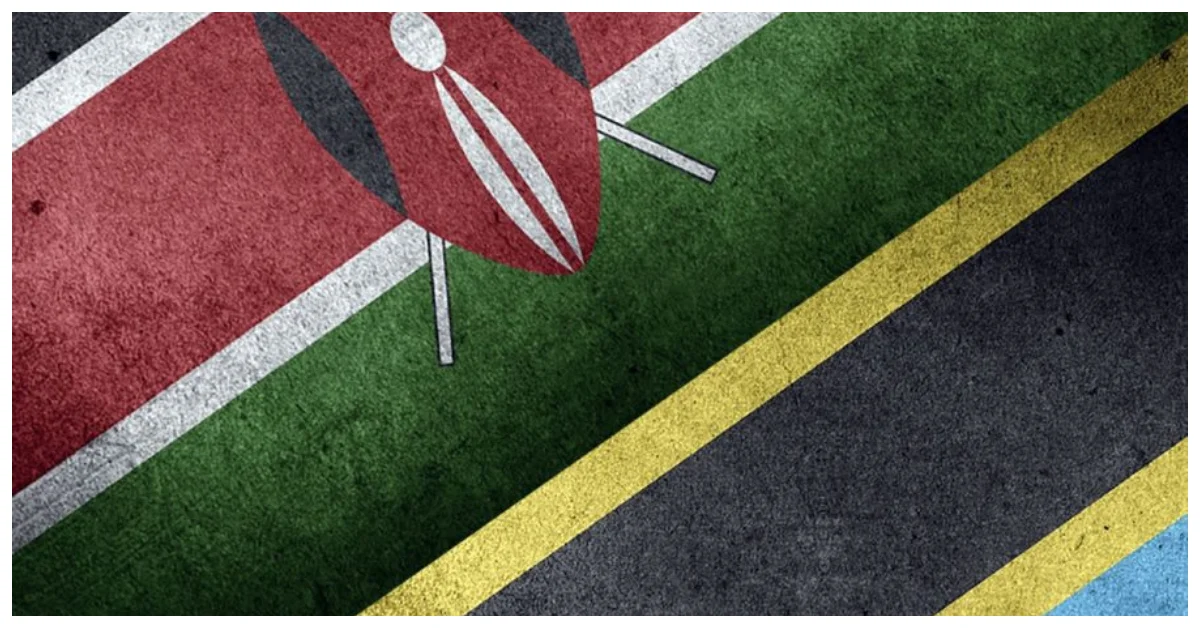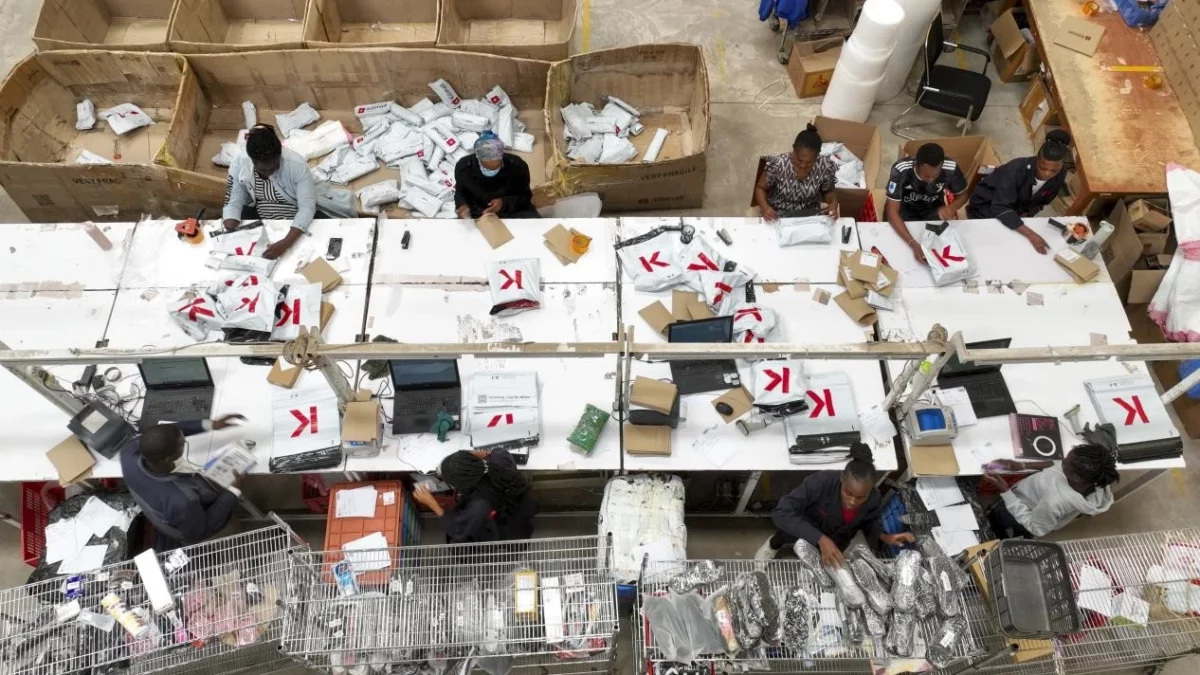Kenya has witnessed a significant decrease in imports from Tanzania, marking the sharpest decline in seven years. Trade tensions between the two nations have led Nairobi to seek alternative sources, including distant ones like Egypt, resulting in reduced trade with Dar es Salaam.
According to The Citizen, a Tanzanian news publication expenditure on goods transported from Tanzania to Kenya dropped by about a third in the six months leading up to June.
Tanzania’s imposition of trade limits on grain with neighboring countries in the East African Community bloc, particularly restricting maize exports to Kenya, has contributed to this decline.
Data from the Central Bank of Kenya (CBK) reveals that the value of Kenyan imports from Tanzania fell by 31.12% year-on-year to Sh18.68 billion between January and June. This decrease is the most substantial since 2016 when imports were at a record high of Sh27.12 billion during the same period.

During the peak of tensions between Kenya and the administration of former Tanzanian President John Magufuli, imports in the first half of the year had plummeted by 36.99% to Sh6.06 billion.
Trade relations between Kenya and Tanzania improved during the leadership of former Presidents Uhuru Kenyatta and Samia Suluhu, leading Tanzania to surpass South Africa as Kenya’s second-largest source market.
However, Tanzania has now fallen to the fourth-largest source of imports for Kenya within Africa due to the significant decline in trade value over the Namanga border.
Read Also: Kenya and Tanzania To Build an Energy Transmission Line
Egypt and Uganda have overtaken Tanzania in terms of import value. Uganda’s imports surged by 10.57% to Sh18.99 billion, while Egypt’s increased by 5.21% to Sh23.75 billion during the review period.
Since the first half of 2019, Kenyan traders have been spending more on goods from Uganda than from Tanzania. Trade disruptions occurred when Tanzania introduced new regulations on maize imports, causing delays and complications at border crossings. These measures were part of Tanzania’s efforts to ensure food security within the region.
Tanzania’s move to enforce export restrictions required traders to establish and register offices in Dar es Salaam for permits and tax clearance certificates. These regulations seemed to clash with the principles of the EAC Common Market Protocol, which promotes the free movement of goods, services, capital, and labor within the bloc.
Subscribe to our YouTube channel Switch TV
Tanzania’s Deputy Minister for Investment, Industry, and Trade, Exaud Kigahe, noted that these measures aimed to counter exploitation of farmers by middlemen and dishonest traders who had been purchasing crops at low prices.



























